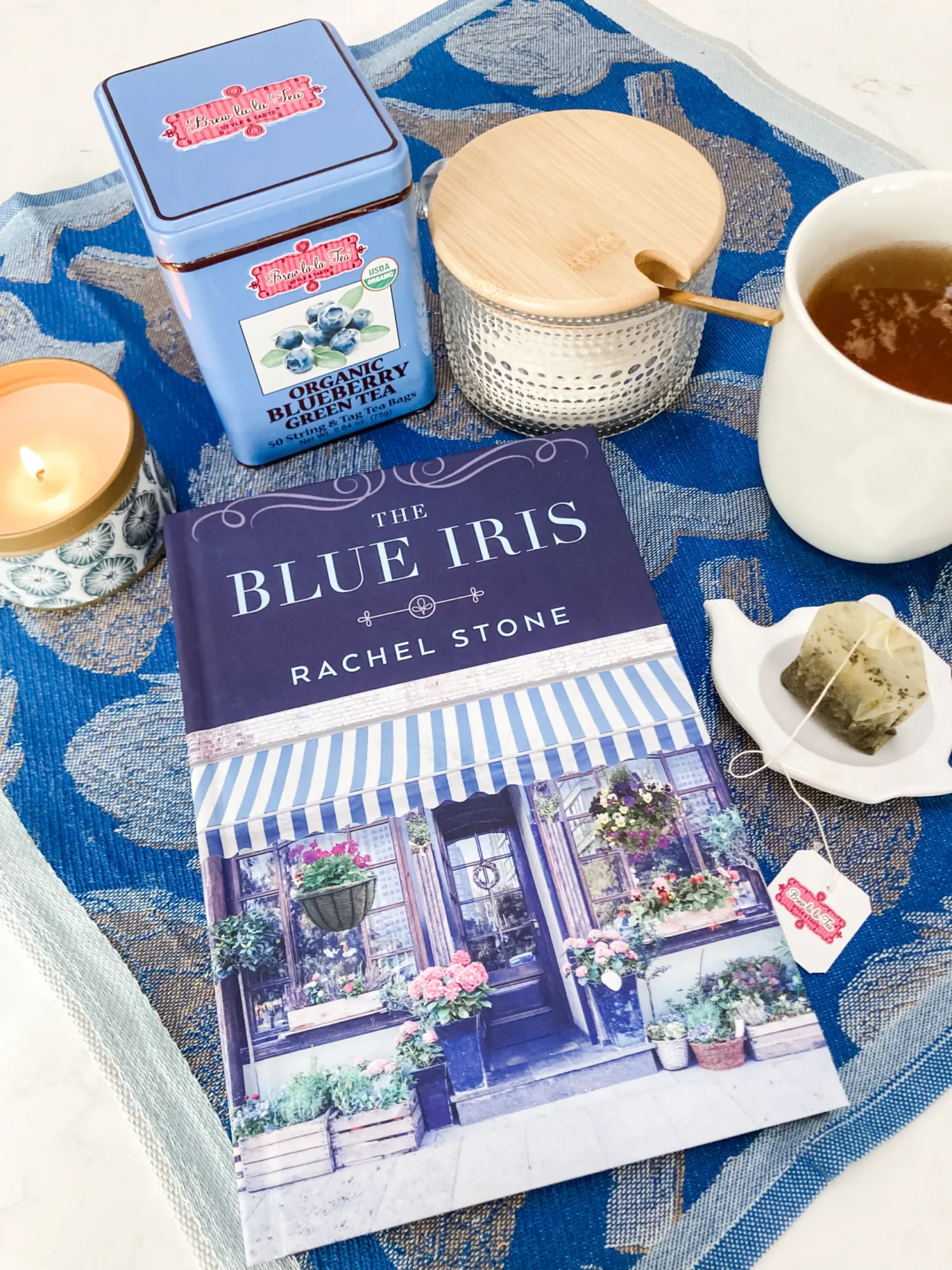Why Your Writing Gets Rejected
I worked on a literary magazine for a good number of years and I learned a lot about what makes for good printed content. I also learned a lot about why even good writing gets rejected.
It’s hard for us to see the flaws and problems in our own work—it’s hard for me and it’s hard for you. But if we can’t see what’s wrong, it’s going to be difficult for us to get those oh-so-sweet acceptances.
If you’re new to submitting to magazines and journals, this post has some advice for getting started. If you’re a frequent submitter but not feeling the love from the places you’re submitting to, I’d like to share five common reasons writing gets rejected from publications that otherwise might want your story.

1-You’ve Failed to Launch
If your story beginning doesn’t grab the reader and grab them hard, you’re in trouble. Launching, grabbing,…pick a metaphor. Your story needs to command, seduce, do *something* to ensure that your reader (aka this particular editor) is going nowhere nohow.
Can you name the thing your story opening is doing extraordinarily well? Is it funny or quirky? Does it have a unique perspective, a unique protagonist or setting? Do you introduce tension, stakes, and drama pronto? You’ve got to, I’m telling you. An editor will quit on you quick if your story starts with a whimper (unless it’s a whimpering kidnapping victim).
2-You’ve Created Confusion
This is related to number one because confusion is a common first-page problem, but it can occur at any time. Sometimes a reader is confused out of the gate because they’re being asked to remember too much data—like a bunch of proper names or visual directions (Camille’s cousin’s shed was tucked behind a hill, two lanes from the Smith’s house and around back of Bill’s Lumberyard where the alley split three ways and you had to choose the northern path to reach all the way down to where the valley ended at Eagle Creek).
Or there might just be a small but crucial detail you left out. Or a time jump you didn’t clarify. Your reader doesn’t know the world you’ve created like you do and it’s easy for them to get lost. A confused reader will cut and run. This is the kind of stuff your beta readers or critique group will flag for you and why it’s so important to have others read your work as part of your revision process.
3-Your Story is Low on Originality
Getting a piece published in a magazine is a little like getting dressed for the Met Gala. You’ve got to stand out. Good but ordinary writing gets rejected most of the time. What’s original is up for debate, of course. Maybe an editor thinks she’s read something like it before. Or maybe your piece feels derivative of a well-known work. For whatever reason, the piece just doesn’t get the editor excited.
You want this reader to think your work is different than the 50 pieces they just read from their pile. How to write an original story is beyond the scope of this article, but I will tell you that your story needs an X-factor. And before you go brainstorming new plot points, let me suggest you consider that an original “voice” might be the best X-factor to focus on.
4-You Didn’t Follow the “But/Therefore” Rule
Famously articulated by the South Park creators, this “rule” addresses the problem of stories that follow a and-then-this-happened-and-then-this-happened-and-then-this happened…pattern. Simply put, if you can list out your story beats and put “and then” between them all, you’re in trouble.
To make sure your story is one of cause and effect, you should be able to put “but” or “therefore” between each beat or scene. Stories must be full of action and reaction, event and consequence. Every component must hinge on something that came before. Don’t let your story fall into the “and then” trap.
5-You’ve Allowed Little Errors to Accumulate
A typo or two will rarely earn you a rejection. But a story with a noticeable amount of spelling errors, formatting issues, grammatical problems, flabby prose, etc. not only provides an editor with a manuscript that needs fixing, it sends the general message that you’re not one for polishing. And if you’re not one for polishing, are you one for taking your craft seriously? And if you’re not one for taking your craft seriously, should anyone feel like they’re in good hands when you’re in charge of the storytelling?
An editor will start getting a feeling about your work that will make them lean away from it rather than lean into it. Don’t give them the option to lean away.
This list isn’t exhaustive, but it explains a good portion of the reasons decent writing gets rejected. Of course, I encourage you to keep working and honing your skills, but I also want to applaud you as you keep submitting in spite of rejection. A tough skin is necessary in the world of publishing. I’m rooting for you.






